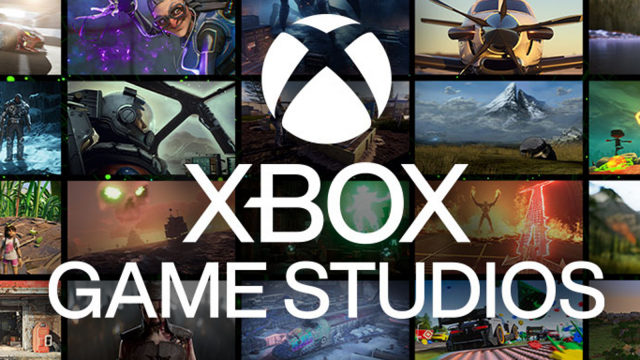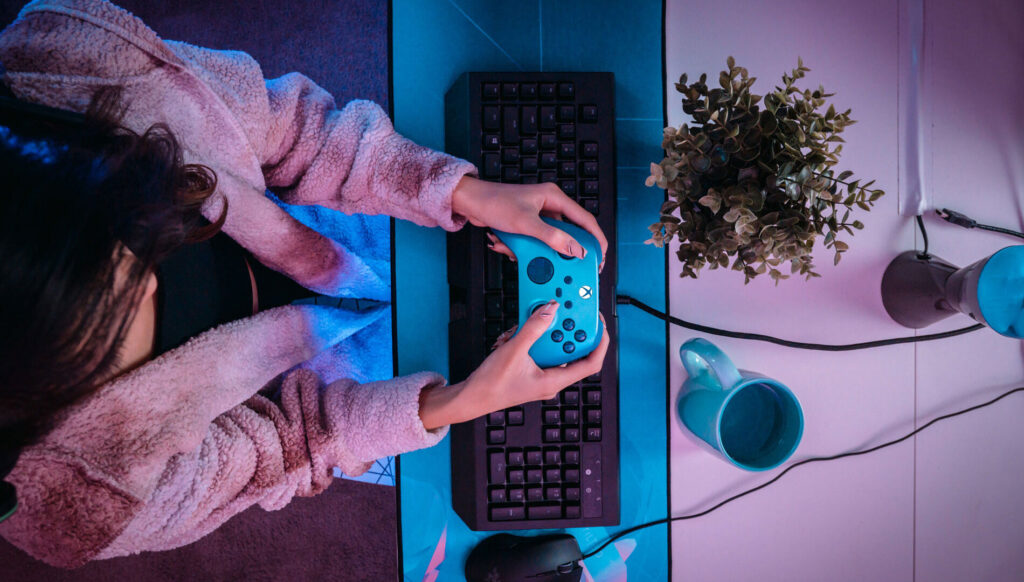Generative artificial intelligence (AI) has arrived in the world of video games, with Xbox leading the charge with Muse. This tool can create games based on the vast catalog of gaming history.
This innovation promises to revolutionize the preservation of and access to classic games. It also integrates with technologies like Copilot Gaming to enhance the player experience.
But what does this revolution mean for developers and creativity in the industry?
Preserving the past, but at what cost to the future?
Xbox is committed to integrating generative AI, like Muse, to revitalize classic games, improve accessibility, and accelerate development. Their vision is optimistic: AI as an extension of human creativity, not a replacement.
Technologies like Copilot Gaming, which offers real-time suggestions, promise richer gaming experiences. But is this a complete view of the landscape?
Collaboration or Replacement? The Future of Video Game Development
While Xbox is betting on the coexistence of traditional development and generative AI, concern among developers is palpable. A Game Developers Conference survey revealed that 84% of 3,000 participants expressed ethical concerns about the use of generative AI.
Creative profiles, especially in narrative and quality control, fear being replaced by automation. An anonymous developer stated that AI “should be used to enhance capabilities, not to reduce the workforce.”

Carlos Martínez, senior programmer at Omaet Games, acknowledges that AI could create entire games, but questions its capacity for innovation: “How innovative will it be, considering that all it does is search for references that already exist?”
Daniel Vega, art director at the same studio, adds that AI’s pursuit of perfection distances it from art: “That presence of error is the difference between AI and art.” Both agree that AI accelerates production, but doesn’t generate new ideas or genres.
Their upcoming game, The Midnight Barber (2026), is a commitment to originality in a market increasingly influenced by AI.
What does the future hold for indie studios?
The pressure for efficiency and cost reduction driven by AI could affect the funding of independent studios, which often bet on innovative and risky projects. If investors prioritize speed over originality, the market could become saturated with similar products, thus stifling creativity and diversity in the industry.
Generative AI is disrupting the video game industry, promising to revolutionize the way we play and create. However, it raises concerns about the future of developers and originality in the sector.
If you want to learn more about this topic, click on this video. (Link to video would go here)

